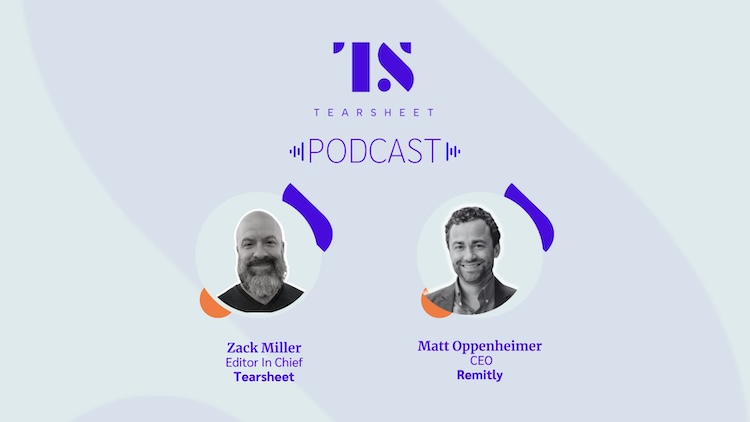Matt Oppenheimer, co-founder and CEO of Remitly, joins us on the podcast today. He shares his journey and insights into building a company that transcends borders with trusted financial services. Remitly’s vision is audacious: to transform lives by providing reliable financial services across the globe. “We’re just getting started,” says Oppenheimer, reflecting on the company’s growth and future aspirations.
Oppenheimer emphasizes the importance of focus and customer trust in Remitly’s success. Starting with a single corridor—U.S. to the Philippines—Remitly has grown to serve over 5,000 corridors worldwide. “By going deep into one country, you could really get it right,” he explains. This strategy, although slower initially, has paid dividends in building a trusted and loved service for millions of users.
From handling complex risk systems to managing a vast disbursement network, Oppenheimer details the intricacies of launching new markets and maintaining a seamless customer experience. He also shares his personal growth journey as a leader, highlighting the importance of continuous feedback and intentionality in development.
It’s a great conversation with Matt and when you listen, you get the impression that he’s been very thoughtful in how he’s built Remitly – both products and culture – and how he’s evolved at the helm.
Matt Oppenheimer is my guest today on the Tearsheet Podcast.
Starting Small to Scale Big: Remitly’s strategy to growing big
Oppenheimer discusses the strategic choice to focus on specific corridors initially. “We focused just on U.S. to the Philippines, then U.S. to India, and Mexico,” he says, illustrating the deliberate approach to market expansion. This focus allowed Remitly to perfect its services and build deep trust with its customers.
Building Customer Trust
Trust is paramount in financial services. “What matters way more than those functional benefits is can a customer trust us,” Oppenheimer states. By ensuring security and reliability in their services, Remitly has built a strong foundation of customer trust, essential for long-term success.
Remitly’s complex Systems for Seamless Service
Launching a new market involves numerous complexities. From localizing pricing and language to managing risk and compliance, Remitly’s approach is thorough and meticulous. “90% of our transactions are delivered in less than an hour,” Oppenheimer notes, underscoring the efficiency of their systems.
Leadership and Growth
Oppenheimer emphasizes the importance of intentionality in leadership growth. “Every year for the last decade plus, I have asked, I’ve gotten a full 360 review,” he shares. This structured approach to feedback and development has been crucial in his evolution from a founder to a CEO of a public company.
Balancing Delegation and Accountability
While Oppenheimer naturally leans towards delegation, he highlights the need for clear goal-setting and accountability. “It’s one thing to delegate. It’s another thing to have really clear systems for goal setting and accountability,” he explains, pointing to the importance of structured management practices.
The Big Ideas
- Remitly’s initial focus on core markets like the U.S. and the Philippines allowed them to perfect their service and build deep trust with customers. “By going deep into one country, you could really get it right,” says Oppenheimer.
- In financial services, trust is more important than functional benefits like speed and price. “Can a customer trust us by giving us a lot of their personal information, a lot of their hard-earned money?” Oppenheimer asks, highlighting the importance of reliability.
- Remitly manages a vast disbursement network and complex risk systems to ensure 90% of transactions are delivered in less than an hour. “Doing that in the right way, all kind of underpinned with the right treasury cash management, is crucial,” he explains.
- Oppenheimer’s structured approach to leadership development, involving annual 360 reviews and development plans, has been key to his growth. “I’ve shared that development plan with the entire company to spark that structured approach to growth,” he says.
- Effective delegation requires clear goal-setting and accountability. “It’s not just delegating, but making sure the right goals are set as well,” Oppenheimer emphasizes, pointing to the need for structured management practices.
Listen to the full episode










